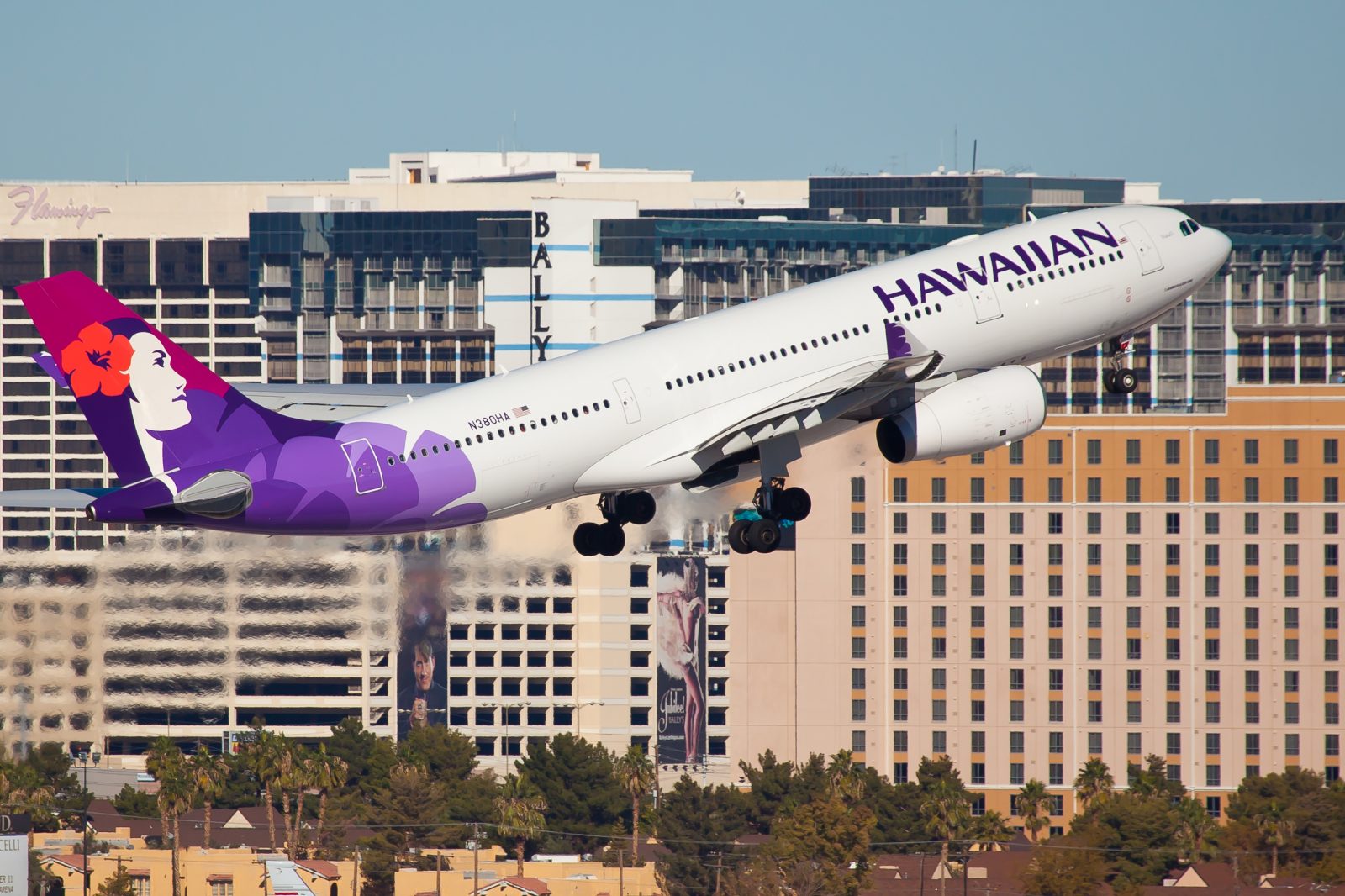
Hawaiian Airlines is being sued by the maker of one of the largest travel reservation systems in the world because the carrier has allegedly breached a “heavily negotiated” contract in a “calculated strategy” to renegotiate the agreement.
Sabre Global Technologies filed the lawsuit in U.S. District Court in New York last week alleging that Hawaiian’s actions have had “ripple effects throughout the travel distribution ecosystem” and cost the company “substantially more” than $75,000 in lost profits.
Originally developed by American Airlines and IBM in the 1960s, Sabre was spun off into an independent global distribution system or GDS in the 70s. Sabre’s GDS acts as an intermediary between airlines, hotels and car rental companies, and more than 425,000 travel agents around the world.
The GDS allow travel agents and consumers to search, compare and book travel but travel companies have to pay to be part of the GDS and Sabre can take a cut of any booking made through its system.
In May, Hawaiian suddenly stopped listing its inter-island flights on Sabre and added a $7 surcharge on any flight booked through Sabre.
But Hawaiian offered travel agents an alternative. Rather than using Sabre, travel agents are being encouraged to access its proprietary HAChannel+ program that uses a new standard developed by the airline industry called New Distribution Capability (NDC).
NDC has been developed by the International Air Transport Association (IATA) to “transform the way air products are retailed to corporations, leisure and business travelers”. In July, for example, Hawaiian struck a deal with Priceline to sell airfares via HAChannel+ rather than through a traditional GDS.
The heavily redacted lawsuit, however, alleges that by removing certain routes from the GDS and adding a surcharge, Hawaiian has breached its contract with Sabre and that has put its business at a competitive disadvantage.
Sabre is one of three major GDS suppliers who have come to control the way airfares are sold, but new technology is challenging their business. In particular, airlines want to embrace tech that allows them to market important features like WiFi availability, as well as distinguishing restrictive fares like Basic Economy.
Traditional GDS systems have struggled to handle all this additional information because they were built in a time when the only information that was required was the fare and travel class.
Airlines have rebuilt their websites to display and sell ancillary products, but many consumers who rely on third-party websites to book travel don’t always get the full picture of what’s available or what restrictions have been placed on their tickets. NDC hopes to change that.
Related
Mateusz Maszczynski honed his skills as an international flight attendant at the most prominent airline in the Middle East and has been flying ever since... most recently for a well known European airline. Matt is passionate about the aviation industry and has become an expert in passenger experience and human-centric stories. Always keeping an ear close to the ground, Matt's industry insights, analysis and news coverage is frequently relied upon by some of the biggest names in journalism.







